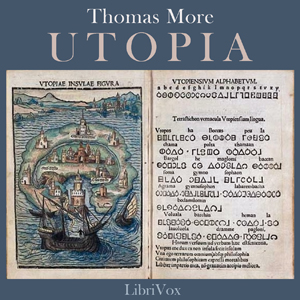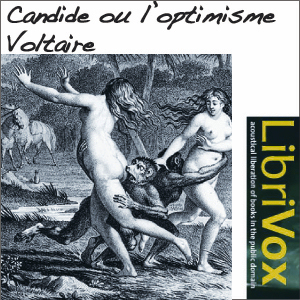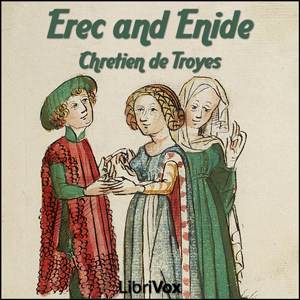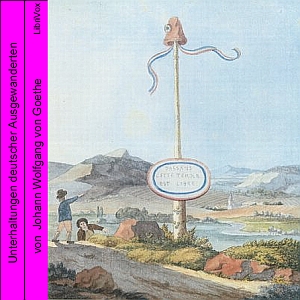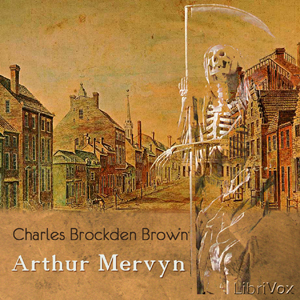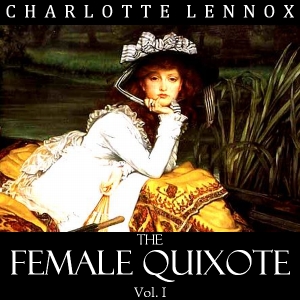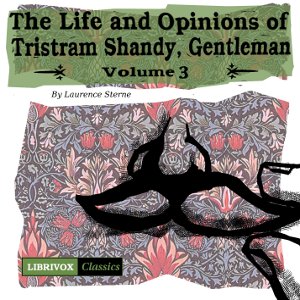- Chapter 01
- Chapter 02
- Chapter 03
- Chapter 04
- Chapter 05
- Chapter 06
- Chapter 07
- Chapter 08
- Chapter 09
- Chapter 10
- Chapter 11
- Chapter 12
- Chapter 13
- Chapter 14
- Chapter 15
- Chapter 16
- Chapter 17
- Chapter 18
- Chapter 19
- Chapter 20
- Chapter 21
- Chapter 22
- Chapter 23
- Chapter 24
- Chapter 25
- Chapter 26
- Chapter 27
- Chapter 28
- Chapter 29
- Chapter 30
- Chapter 31
- Chapter 32
Published in 1766, 'The Vicar of Wakefield' was Oliver Goldsmith's only novel. It was thought to have been sold to the publisher for £60 on Oliver Goldsmith's behalf by Dr Johnson to enable Goldsmith to pay off outstanding rent and to release himself from his landlady's arrest.
It is the story of the family of Dr Primrose, a benevolent vicar, and follows them through their fall from fortune and their ultimate rise again. The story provides insight into family life and circumstances in the mid 18th century and the plot has many aspects of a pantomime like quality: Impersonation, deception, an aristocratic villain and the abduction of a beautiful heroine.
Goldsmith himself dissipated his savings on gambling whilst a student at Trinity College Dublin and subsequently travelled in Europe sustaining himself by playing the flute and disputing doctrinal matters in monasteries and universities. Later he worked as an apothecary's assistant, a doctor and a school usher (experiences shared in this story by Dr Primrose's son).
(Summary by Martin Clifton)
It is the story of the family of Dr Primrose, a benevolent vicar, and follows them through their fall from fortune and their ultimate rise again. The story provides insight into family life and circumstances in the mid 18th century and the plot has many aspects of a pantomime like quality: Impersonation, deception, an aristocratic villain and the abduction of a beautiful heroine.
Goldsmith himself dissipated his savings on gambling whilst a student at Trinity College Dublin and subsequently travelled in Europe sustaining himself by playing the flute and disputing doctrinal matters in monasteries and universities. Later he worked as an apothecary's assistant, a doctor and a school usher (experiences shared in this story by Dr Primrose's son).
(Summary by Martin Clifton)
There are no reviews for this eBook.
There are no comments for this eBook.
You must log in to post a comment.
Log in


